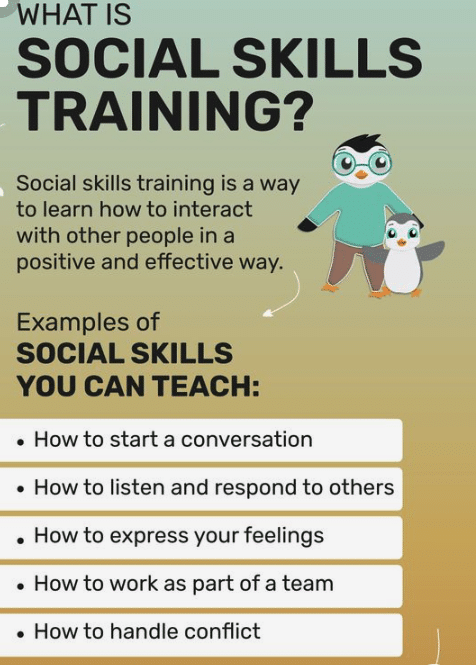The treatment for Autism Spectrum Disorders focuses on managing symptoms and providing support for the individual’s needs. There is no one-size-fits-all treatment, so creating a personalized plan is important. Here are some common approaches:
- Early intervention: Programs like speech therapy, occupational therapy, and social skills training can help kids learn essential skills. For example, a child struggling with communication might work with a speech therapist to improve their ability to express themselves.
- Behavioral therapy: Techniques like Applied Behavior Analysis (ABA) can help change challenging behaviors. Imagine a child who gets upset with changes in their routine; a therapist might help them learn to cope better with change.
- Medication: Some individuals may benefit from medication to manage certain symptoms, such as anxiety or attention difficulties.
- Educational support: Schools can provide specific training and accommodations, such as extra time on tests or a quiet work environment, to help students with ASD succeed in school.
- Family support: Counseling and support groups can help everyone learn how to better understand and support their loved one with ASD.
With the right treatment and support, many individuals with Autism Spectrum Disorders can lead fulfilling lives. The long-term prognosis varies widely, depending on the severity of symptoms and the effectiveness of interventions. Some people with ASD may require ongoing support throughout their lives. In contrast, others may become more independent and thrive in various areas, including education, employment, and personal relationships. The key is to be patient, consistent and committed to providing the right resources and opportunities for growth.
In conclusion, understanding Autism Spectrum Disorders is vital for supporting your child’s needs. Our product, Goally, can help kids build essential life and language skills through engaging apps, digital visual schedules, AAC, and gamified learning, making it a valuable tool in their journey toward growth and independence.
Editor’s note: This information is not meant to diagnose or treat and should not take the place of personal consultation, as needed, with a qualified healthcare provider and/or BCBA.














